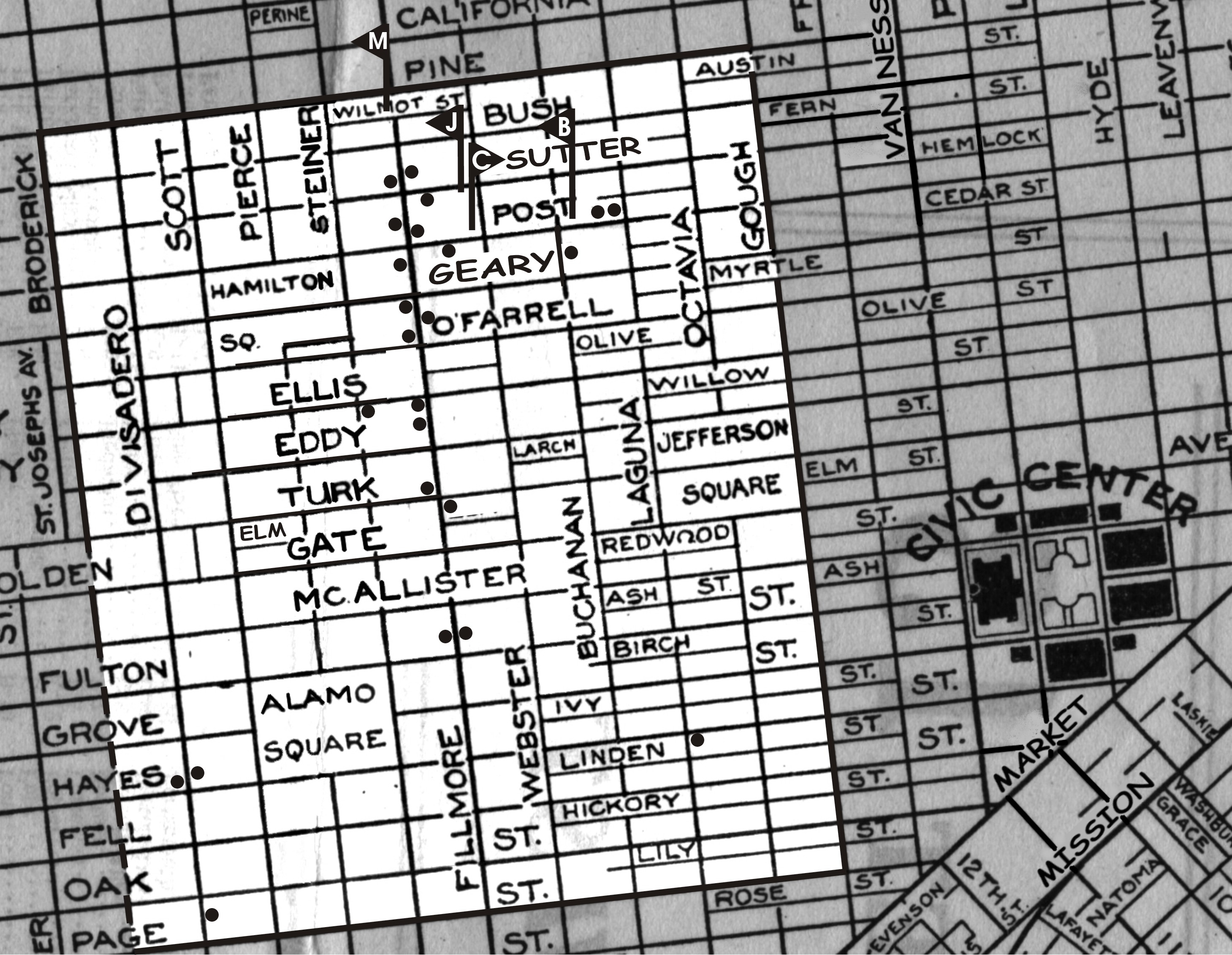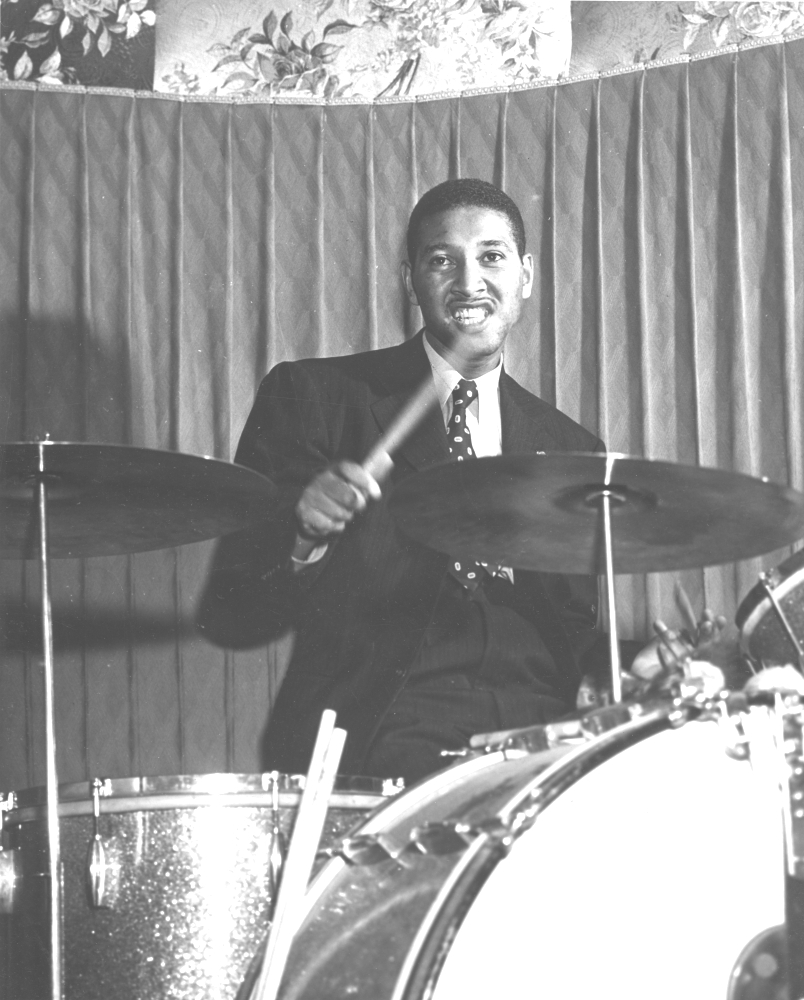Discordant compositions

Poets consider music to be humankind’s universal language. But deep divides of race and income at times split its makers—at least those who were members of the American Federation of Musicians (AFM)—in the early 20th century. Leta Miller, professor emerita of music, discovered a piece of this troubled past in San Francisco’s history, where black and white musicians formed separate, competing union local chapters.

The conflict in San Francisco came to a head in 1934 when the black Local 648 sued their white counterpart, Local 6, for attempting to control all gigs. State laws eventually forced the two to merge in 1960. But Miller found that similarly segregated union locals were commonplace across dozens of U.S. cities—and some even persisted into the early 1970s. “I was quite astonished at how many there were,” Miller said.
Supported by a 2019–2020 Dickson Emeriti professorship, Miller is now working on a book about segregation in musicians’ unions across the nation. While the separation was no doubt rooted in racism, black musicians in many cases actually chose to form their own locals. Miller found that, apart from promoting identity and community, doing so allowed them to set their own rates—sometimes undercutting the white competition. Each local also garnered a seat at the AFM national convention, so “having their own local ensured that black musicians were guaranteed a voice at the meeting,” Miller said. “That was probably very important.”

